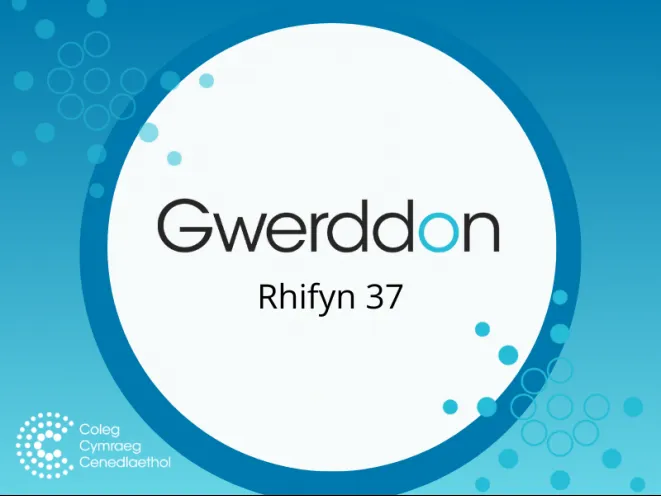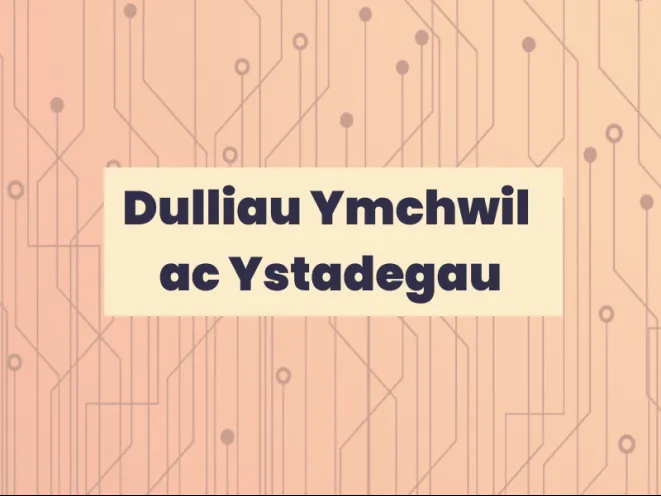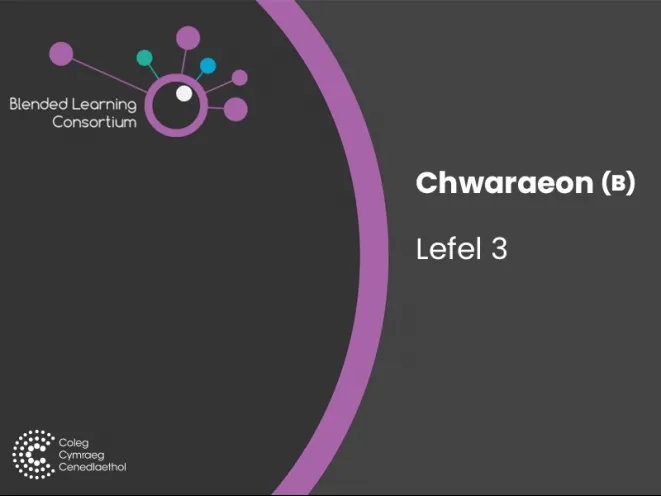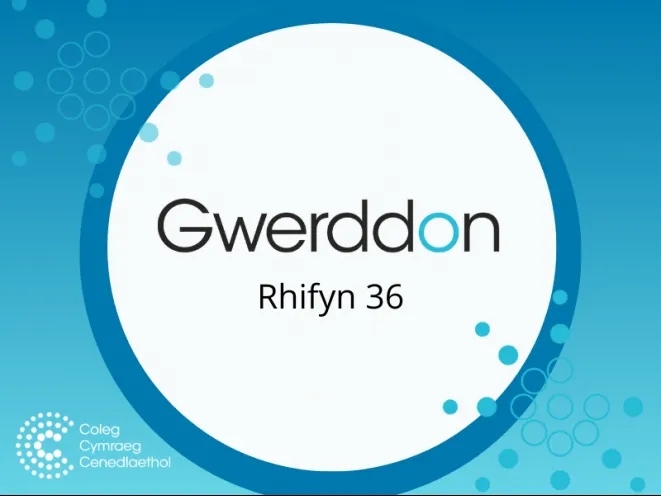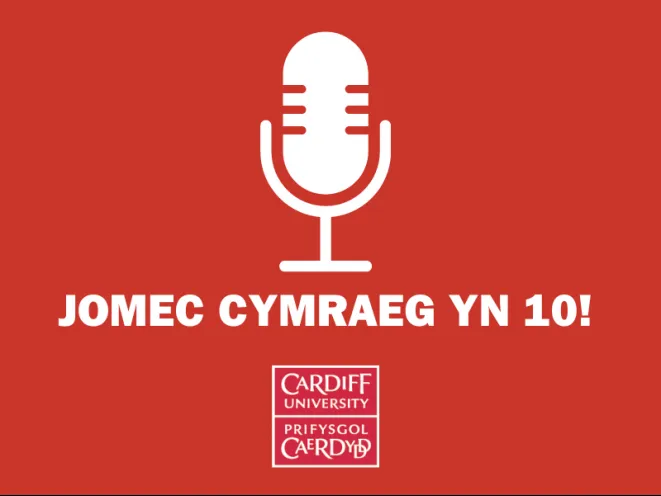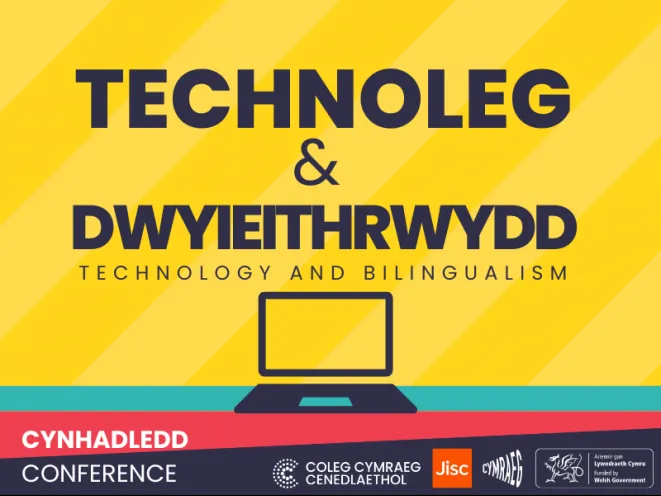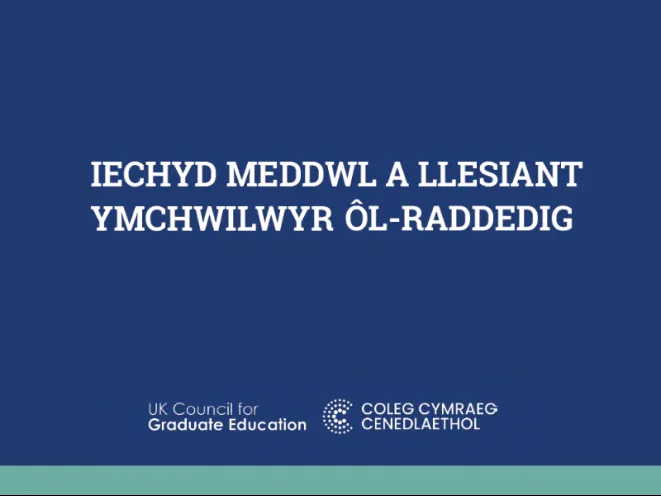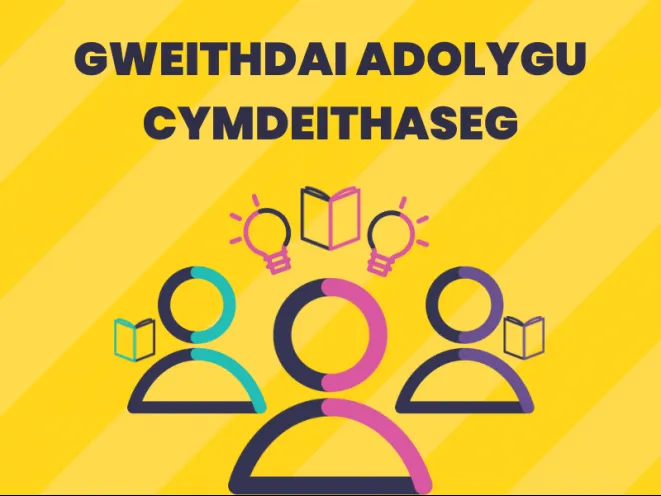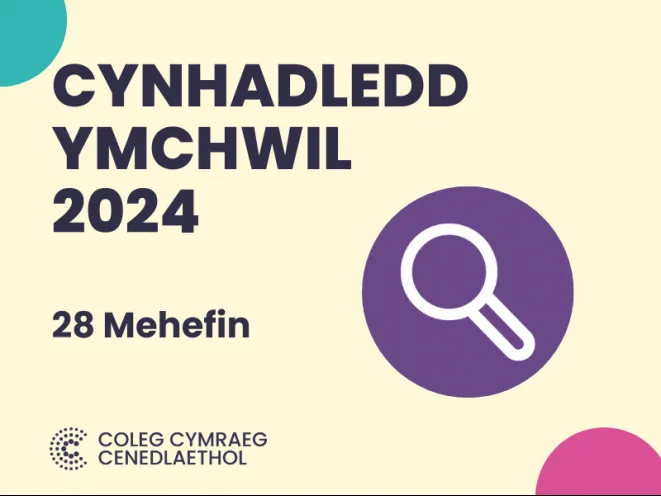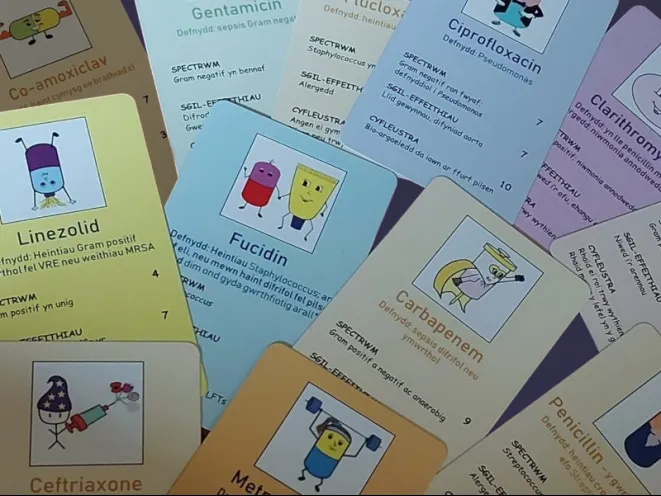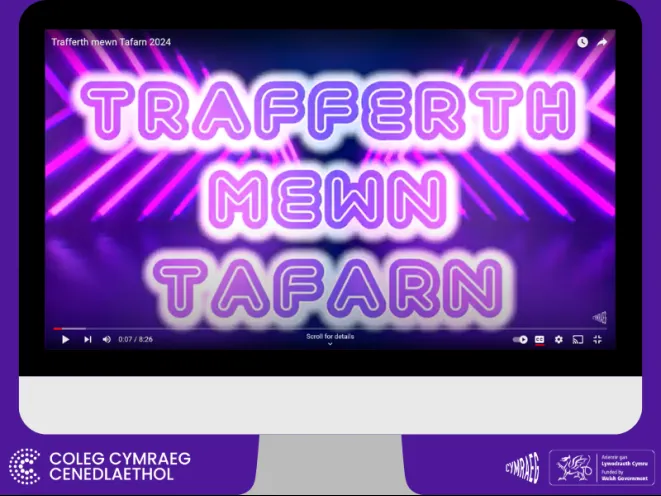This article surveys the considerations regarding sleep in Welsh literature by analysing the popular poems of Vicar Rhys Prichard (1579–1644). Religious and cultural considerations regarding sleep, as found in the Vicar’s poems, are analysed. The main characteristics of the Vicar’s sleep poems are identified, and we gain an insight into how some people slept, or how the Vicar believed or wished them to sleep. As a result, the article shows the importance of sleep during the period and that people took it seriously. In doing so, it is emphasized that it should be remembered that real people, of flesh and blood, are studied, and although they only exist in texts from our point of view, they should be treated as human beings that, in the context of this article, slept. Author: Dewi Alter
Vicar Rhys Prichard’s sleep poems
Research Methods and Statistics
This Welsh-medium e-textbook is a comprehensive introduction to the process of planning and conducting research. Aimed primarily at Psychology undergraduates, it accompanies Welsh-medium research method and dissertation modules. It is also a useful resource for undergraduate and postgraduate students in a wide range of other subjects. The authors of the textbook are Dr Awel Vaughan-Evans, Dr Gwennant Evans-Jones and Emma Hughes-Parry.
BLC Sport Level 3 Units (B)
25 additional blended learning sessions for learners studying Sport courses (level 3). The units can be viewed in your browser by following the links below. A zip file containing SCORM files for all 25 units is also availabke. Colleges can download the full content (a zip file containing the individual SCORM packages) to place within their local virtual learning platforms. The sessions are bilingual, the English slides can be used as reference, but the questions can only be answered in Welsh. Staff from colleges that are members of the Blended Learning Consortium can access the original English versions on their website http://www.blc-fe.org/. Copyright Heart of Worcestershire College on behalf of the Blended Learning Consortium and Y Coleg Cymraeg Cenedlaethol. These resources are for use only in educational organisations and must not be modified or resold.
‘One of the most glorious failures’ of linguistic purism? An analysis of the contemporary lexical patterns of ...
The aim of this article is to analyse an under-researched aspect of Patagonian Welsh, namely its current lexical patterns. Based on data obtained from 134 questionnaires, it will be shown that the lexical variation that exists in this variety of Welsh is conditioned to a considerable degree by the variety of linguistic backgrounds found today among Chubut Province’s Welsh speakers. The results therefore not only show how historical dialect contact has played a crucial role in the evolution of traditional Patagonian Welsh, but also explore for the first time the extent to which a specific educational programme, namely the British Council’s ‘Welsh Language Project’, is influencing Welsh learners’ use of lexical features in the region. Another objective is to consider some of the results’ wider implications, including the relevance of language ideologies to the historical and contemporary lexical patterns of Patagonian Welsh. Author: Iwan Wyn Rees
10 years of JOMEC Cymraeg
The series features 10 Welsh-speaking JOMEC graduates and well-known media figures in Wales. Contributors are from various backgrounds and work in different areas of Welsh media, with diverse perspectives on the Welsh language and identity. This podcast series includes content that is interesting, relevant, and useful for university students in Wales, school pupils, and broader audiences.
Technology and Bilingualism Conference
Recordings of the sessions that were held at this year's Technology and Bilingualism Conference. The conference included a variety of sessions to discuss how technology can be used within bilingual and Welsh medium provision in the higher education, further education and apprenticeship sector.
Supporting the mental health and wellbeing of postgraduate researchers
A guide for PhD supervisors on how to support the mental health and well-being of your research students. The guide includes the challenges researchers may face during each stage of their doctorate, and possible good practice solutions. Translated by Coleg Cymraeg Cenedlaethol in association with UKCGE.
A paradox in the portrayal of Patagonia in post-devolution Wales. Separado! (Gruff Rhys and Dylan Goch 2010): ...
This article explores some aspects of the way in which Welsh Patagonia is represented in Separado! (2010), an experimental documentary (in terms of style) by Gruff Rhys and Dylan Goch. This portrayal exists in the context of a range of both factual and fictional Welsh-language representations of Patagonia produced since the 1940s in Wales. Through concepts derived from literary theory (Linda Hutcheon), sociology of culture (Pierre Bourdieu), political theory (Ernesto Laclau), travel writing theory (Graham Huggan and Patrick Holland; Peter Hulme), and postcolonial theory (Mary Louise Pratt), it will be possible to trace in the documentary trends present in previous representations of Patagonia, such as turning to Y Wladfa in politically challenging times in order to address anxieties regarding Welshness and the country’s past and future. Author: Sara Borda Green
Sociology Revision Workshops - A Level and Further Education
Two online workshops for students studying A Level or Level 2/3 exams in Sociology. The first Workshop is on the theme of 'Research Skills' and the second workshop on the theme of 'Inequality'. The Workshops are led by lecturers from Bangor and Cardiff universities.
Coleg Cymraeg Research Conference 2024
This Research conference will be held in hybrid form again this year, on 28 June, with a face-to-face audience at the National Library in Aberystwyth, as well as a live broadcast to a virtual audience. You can find more information about the conference in the Coleg Cymraeg events calendar.
Antibiotic 'Trumps' cards for medical students
Cards for a game in 'trumps' format, containing information on commonly used antibiotics. These cards could be used as a fun learning resource for medical students. They are also suitable for students in other health professions, eg pharmacy.
Trafferth mewn Tafarn 2024
A new video resource that gives a contemporary look at Dafydd ap Gwilym’s famous cywydd, as studied in A Level Welsh Unit 5 (Medieval Prose and Early and Medieval Poetry). The video focus on 4 parts of the text to tell the story, detailing the content in today’s language and focusing on the poet’s style and craft. Script prepared by Dr Eurig Salisbury, lecturer at the Department of Welsh at Aberystwyth University. Welsh subtitles can be selected on video in YouTube. Funded by Welsh Government.

